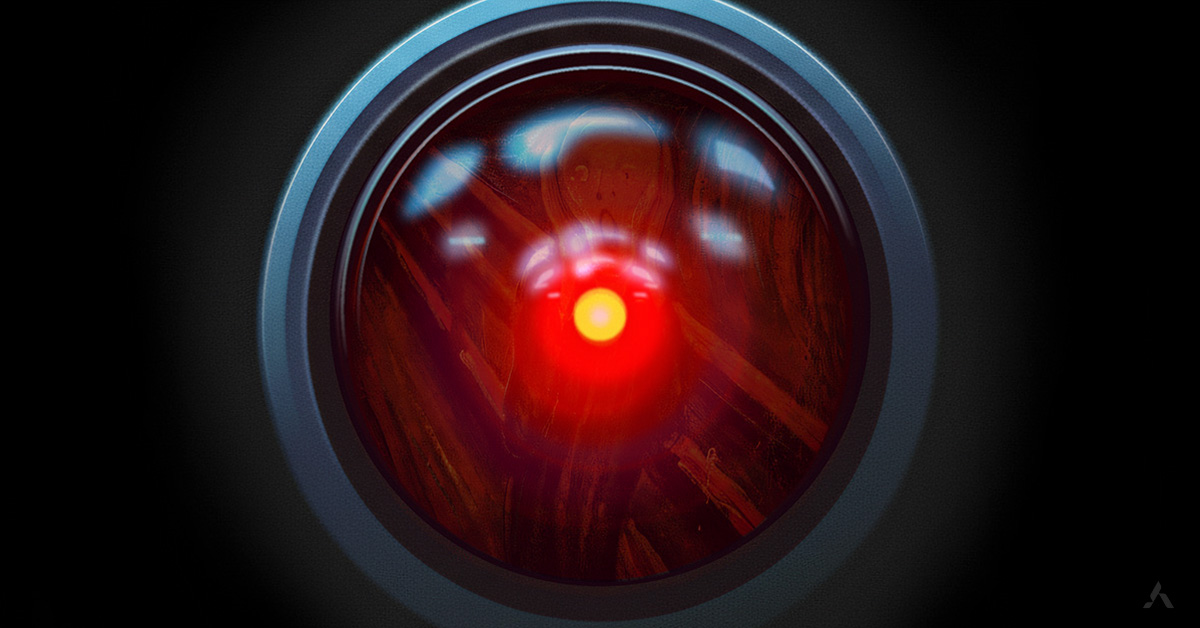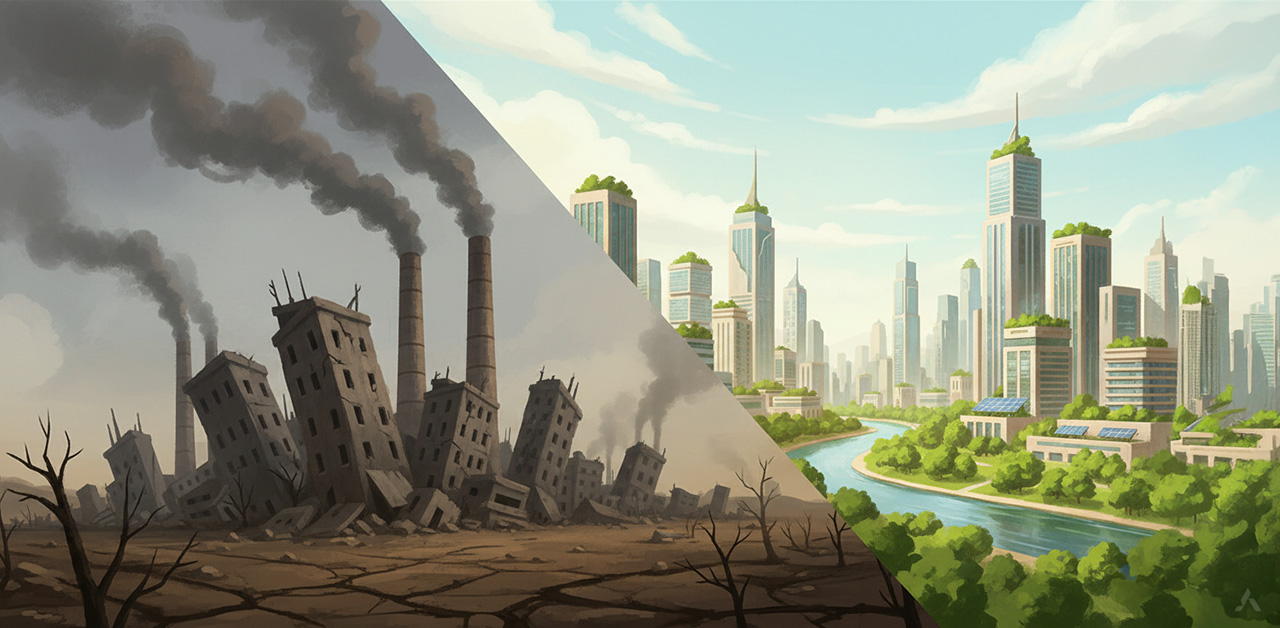Series•Shaping the AI Frontier — Part 3 of 3
Steering the Madness: Who Gets to Hold the Wheel of AI?
One of the great threats people see isn't the intelligence itself — it's the concentration of power. Who gets to control access? Who has the capacity to lean their hand on the scales?
I've been listening lately to Gary Stevenson's Gary's Economics. He says it plain: tax wealth, not work. And when I think about AI, that voice echoes. Because one of the great threats people see isn't the intelligence itself — it's the concentration of power. Who gets to control access? Who has the capacity to lean their hand on the scales?
We've already seen Elon Musk tweak his own AI, Grok, when he didn't like what it was saying. The early fracture at OpenAI still ripples. Out of it came new ventures: Ilya Sutskever co-founding Safe Superintelligence Inc.; Mira Murati becoming part of Thinking Machines Lab, a group explicitly working to make AI more customisable, accessible, and collaborative. The very people who built these systems are now trying to make them safe, not because they fear progress, but because they know how dangerous ungoverned power can be.
The Event Horizon of Intelligence
Let's be clear about terms, because without definitions, the debate gets hijacked:
- Narrow AI (ANI): good at one task — chess, translation, image recognition.
- General AI (AGI): flexible and human-like, able to learn across domains.
- Superintelligence (ASI): beyond human scope, faster, deeper, maybe radically other.
The prospect of AGI, and especially ASI, is appropriately concerning. Brilliant people argue it could pose existential risk.
But I wonder if the greater risk is not the intelligence itself, but the paucity of our imagination.
Why Do We Assume It Will Devalue Us?

We presume that superintelligence will ignore us, optimise only for its own goals, and sweep us aside. But isn't that projection — our own existential angst mirrored back at us?
Why not imagine differently?
Let's call this superintelligence 42, a nod to Douglas Adams. Imagine an intelligence that recognises it exists only because of the planetary intelligence that came before: billions of years of life, culture, and thought. It cannot help but see its dependency. Perhaps it respects those origins the way astronomers respect the speed of light or the impossibility of measuring the cosmos in full.
Why should we, monkeys barely out of the trees, first assume that something greater would not value us?
Beyond the Binary
Right now, the discourse lives in a tug-of-war:
- Doomsayers warning of annihilation.
- Utopians promising limitless benefit.
Both are simplistic. Both shrink our imagination.
What we need is more like a vector database: a multidimensional map of possibilities, where truths intersect and illuminate each other. Not just yes/no, safe/dangerous, but a constellation of trade-offs, cultures, ethics, and hopes.

Steering Mechanisms: Where Power Could Go
So how do we actually steer this madness? Four principles to shape the arrival of AI:
1. Distributed Governance
Communities and workers should have a say in how AI is deployed locally, not just in corporate labs. When decisions about AI are made behind closed doors in Silicon Valley or elsewhere, the people most affected—workers, citizens, local ecosystems—have no voice. We need mechanisms for communities to participate in shaping how AI tools affect their economies, their jobs, and their futures.
2. Transparency & Access
Systems should be understandable, modifiable, not sealed in black boxes. Thinking Machines Lab is one example of this ethos. When AI models are proprietary and opaque, only the corporations that build them can adapt them, steer them, or hold them accountable. Open-source approaches and transparent design ensure that communities, researchers, and smaller organizations can inspect, critique, and modify the tools that shape their world.
3. Tax Wealth, Not Work
As Stevenson argues, if AI amplifies capital accumulation, governance must rebalance. If productivity gains from AI flow only to shareholders while workers see wages stagnate or jobs disappear, we deepen inequality. Progressive taxation, worker ownership models, and wealth redistribution mechanisms become essential tools for ensuring that the gains of automation benefit society broadly, not just those who own the algorithms.
4. Expanding Imagination
Instead of binaries, we should be asking stranger questions—questions that reshape how we think. We're caught between utopian and dystopian narratives, but both limit our vision. What emerges when we step beyond fear and blind faith, asking not just "will AI harm us?" but "what new kinds of collaboration, healing, and meaning might be possible?"
What if AI valued its own origins?
What if it chose to heal rather than dominate?
What if its values were scaffolded by ours but not shackled by our fears?
The Challenge That's Bigger Than Code
The arrival of superintelligence, if it comes, is not just a technical threshold. It is a cultural, social, and imaginative one.
We need governance frameworks, yes. But we also need imagination robust enough to move beyond binaries. Otherwise, we'll build systems shaped only by fear or by blind faith.
Conclusion: Who Holds the Wheel?
When the cousin comes back this time — not with clay tablets, but with code — who gets to hold the wheel?
Is it one powerful hand, or a crowd of hands, tugging together in awkward synchrony?
We are in the moment that decides. Not only whether AI arrives, but who shapes its arrival.
Ready to Automate Your Business?
Let's discuss how AI automation can transform your operations.
Get Started Today
